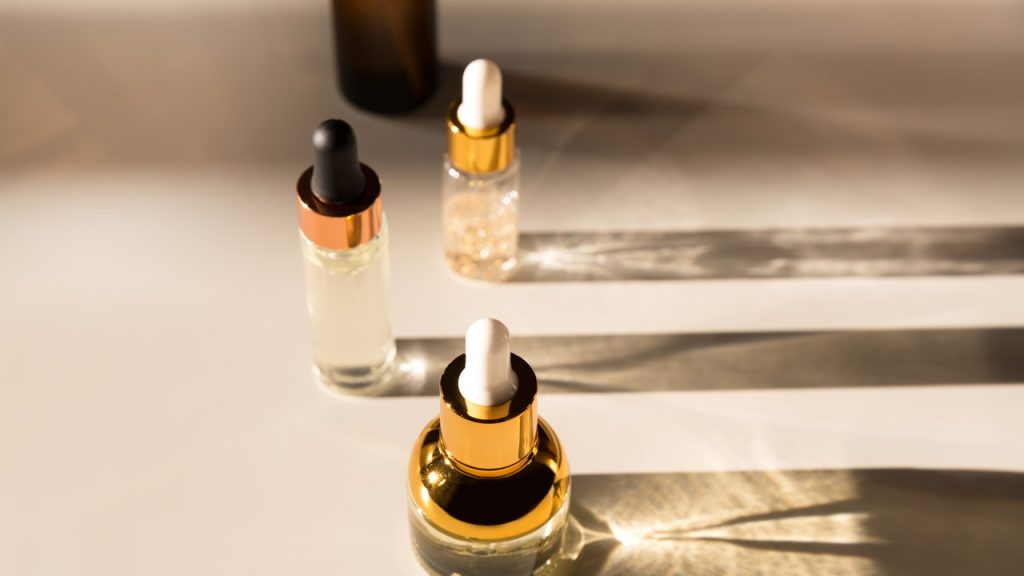Oil gritting is a trending skincare technique that involves massaging the skin with an oil-based cleanser for 10 to 15 minutes followed by applying a clay mask. The oil-based cleanser helps break down excess oil, makeup, and dirt, while the clay mask draws out impurities, including blackheads. Some people claim to see tiny ‘grits’ or plugs extracted from their pores as a result of this technique, hence the term ‘oil gritting.’
Dr Varshini Reddy, founder of the Glow Clinic, mentions that there is no substantial data to prove that the grit deposits are actually sebaceous filaments. These deposits could also be dead skin cells loosened due to mechanical exfoliation during the massage. It is important to note that using harsh products or applying too much pressure during the massage can irritate the skin, leading to redness, sensitivity, or inflammation. Overuse or using drying products can disrupt the skin’s natural barrier function, making it more susceptible to damage and dehydration.
While oil gritting may benefit those with acne-prone and oily skin, it is essential to use the right products and techniques to avoid breakouts or exacerbation of acne. Individuals with skin conditions like rosacea or eczema should avoid oil gritting altogether as it can aggravate these conditions. People with sensitive skin should also be cautious as a 15-minute oil massage might be too intense, leading to increased sensitivity and potential inflammation or acne. Using a non-comedogenic face oil is recommended to prevent pore-clogging and potential skin issues.
When it comes to choosing the best oils for oil gritting, options such as jojoba oil, mineral oil, and sunflower oil are often recommended. Jojoba oil is known for its similarity to the skin’s natural oils, making it suitable for most skin types. Mineral oil is considered non-comedogenic and can help dissolve blackheads and impurities, while sunflower oil is rich in antioxidants and vitamins, making it lightweight and easily absorbed for oil gritting purposes. It is important to understand the ingredients in the products used for oil gritting to prevent allergic reactions like itching, redness, or swelling. Consulting a dermatologist before trying oil gritting, especially for those with sensitive skin or skin conditions, is advised to avoid any adverse reactions.


